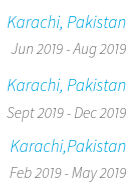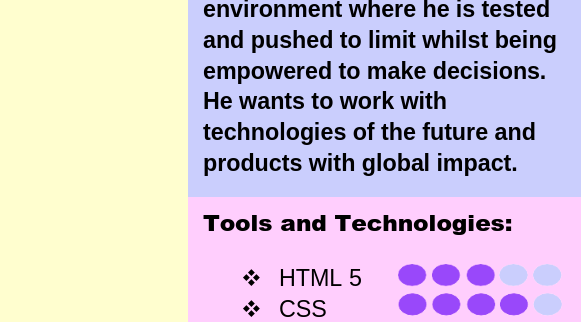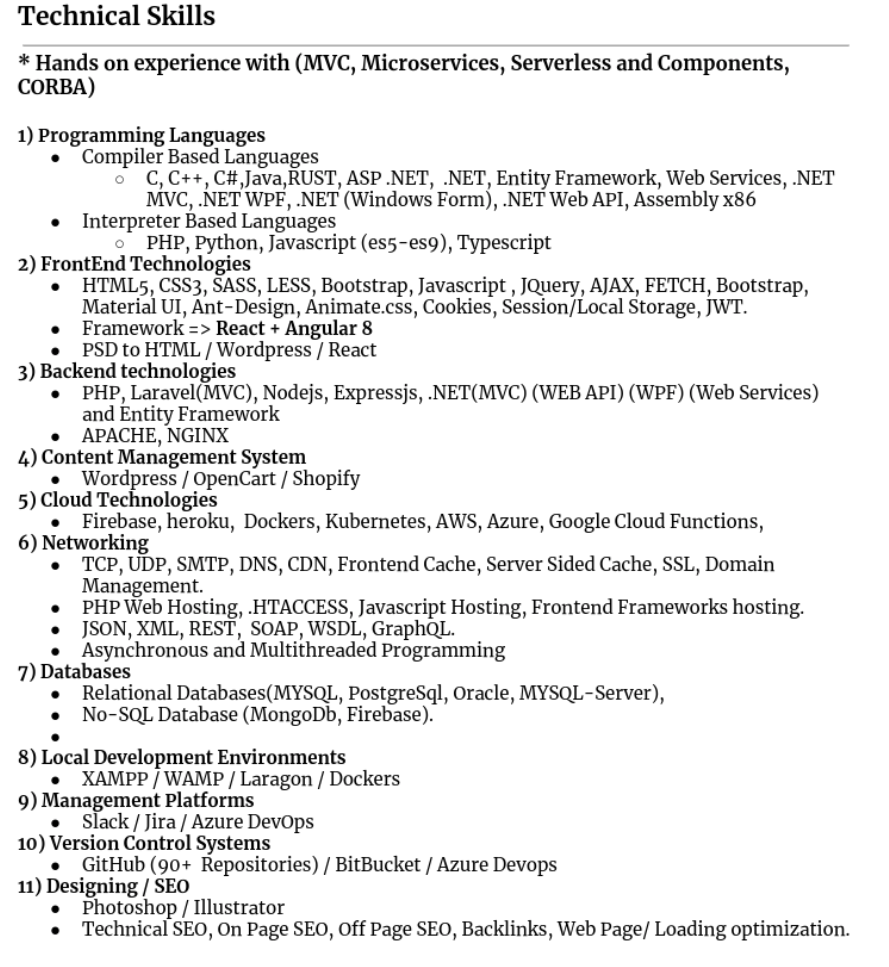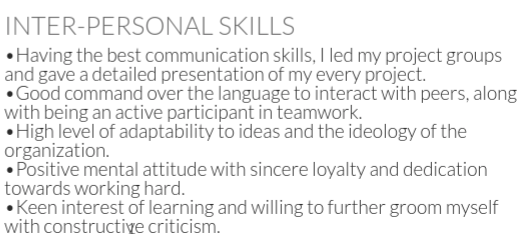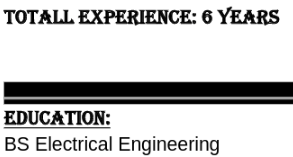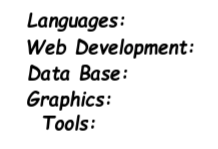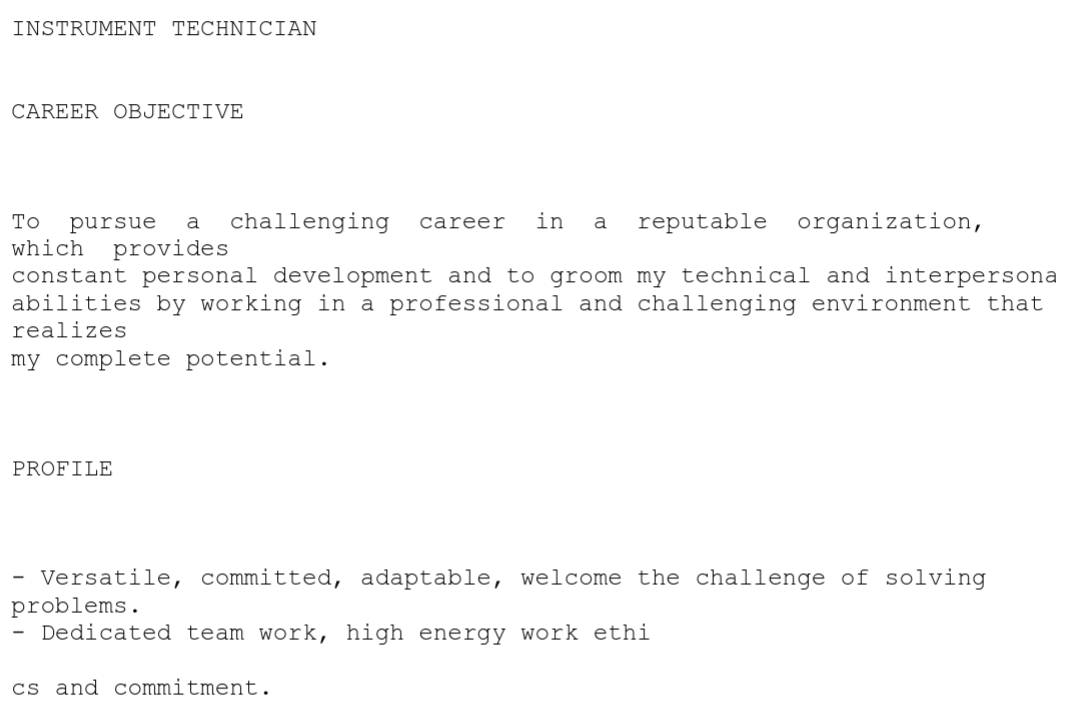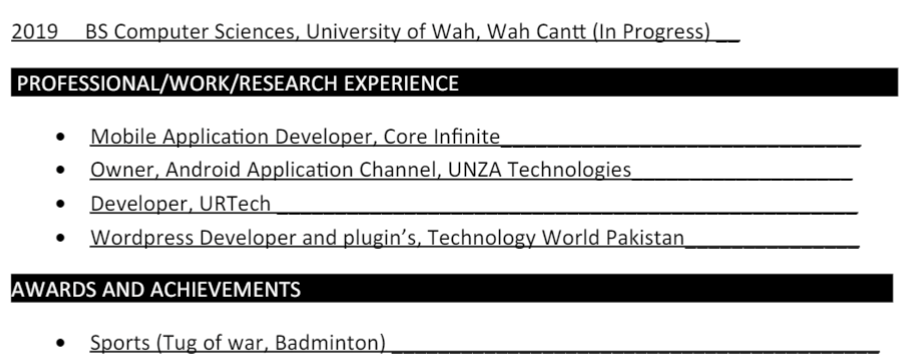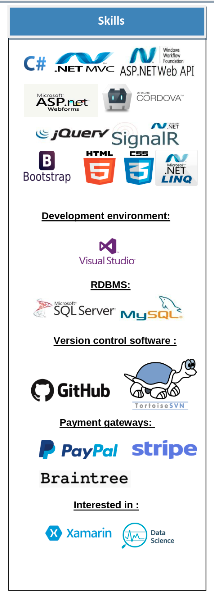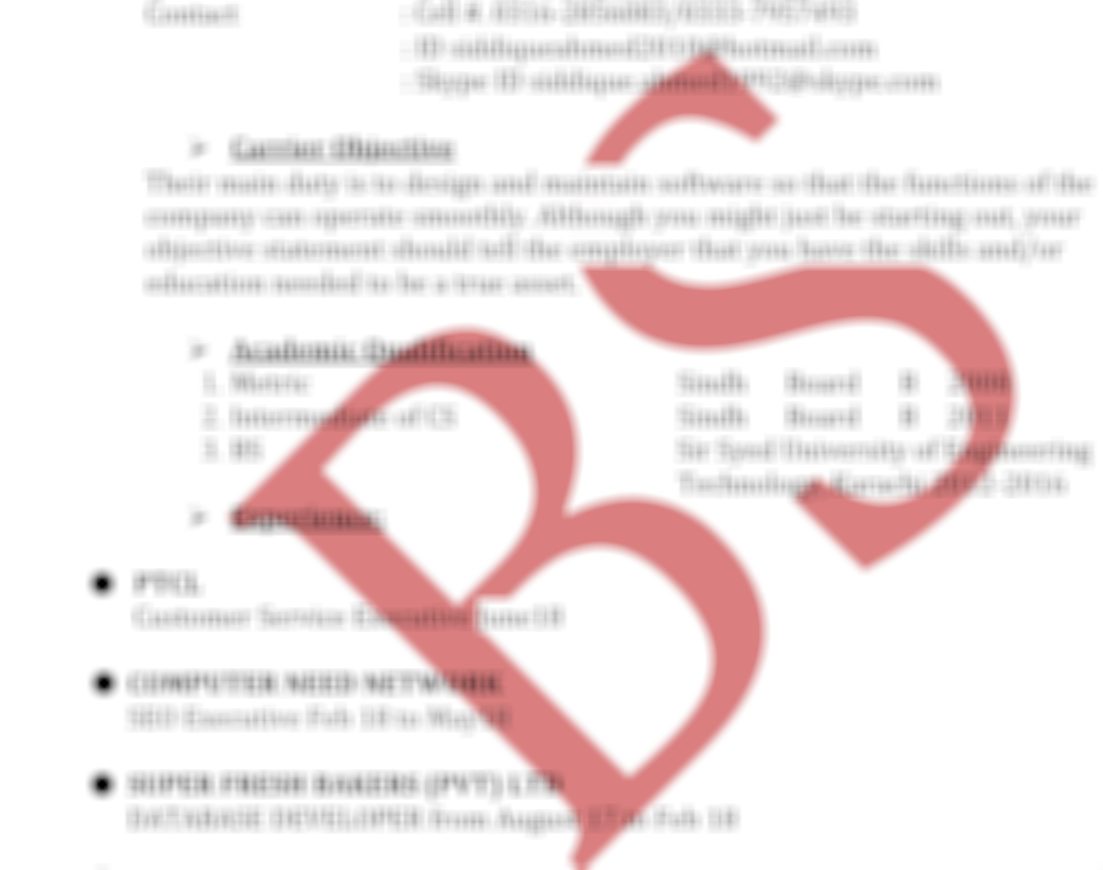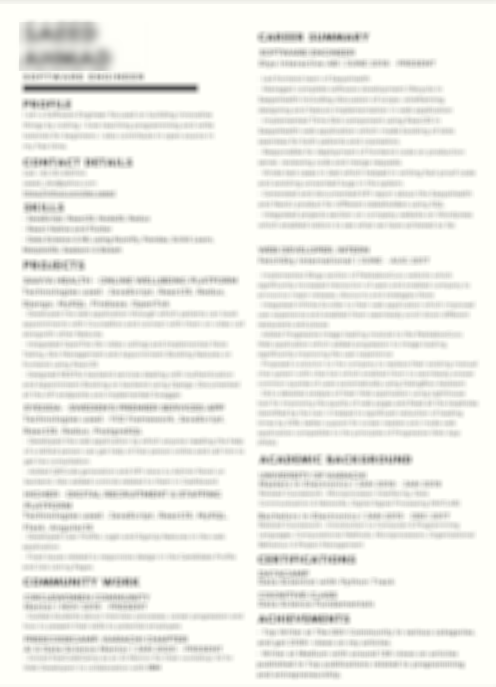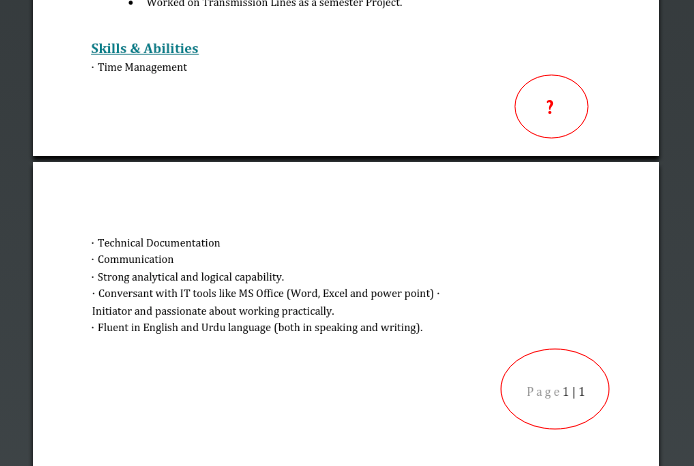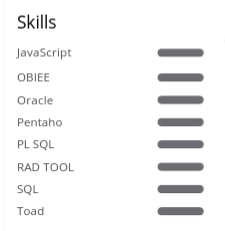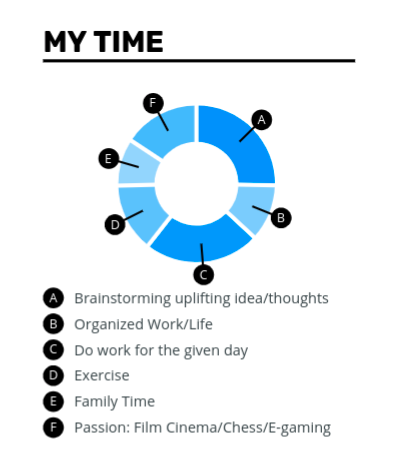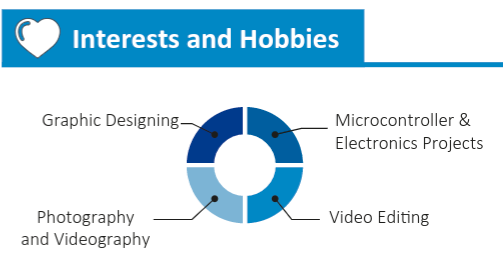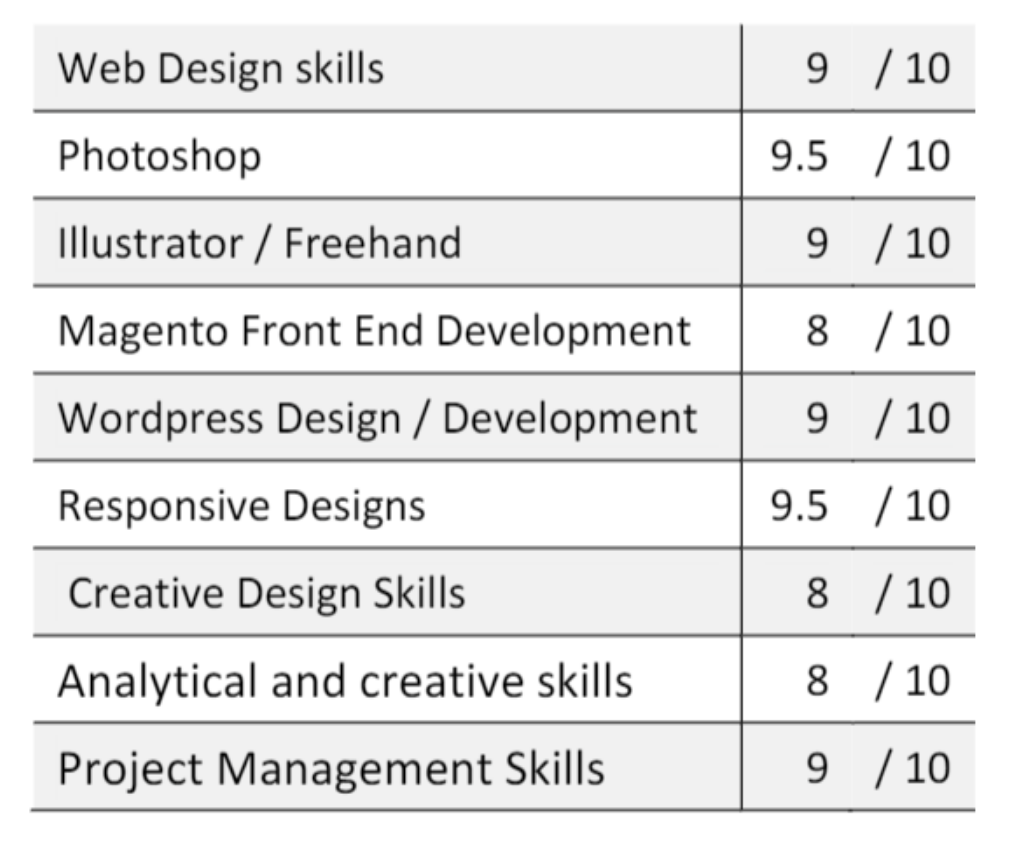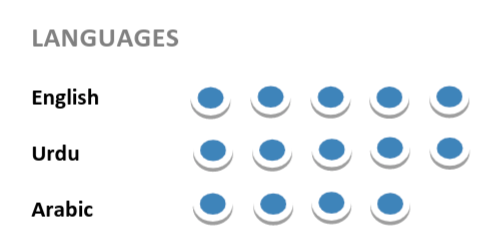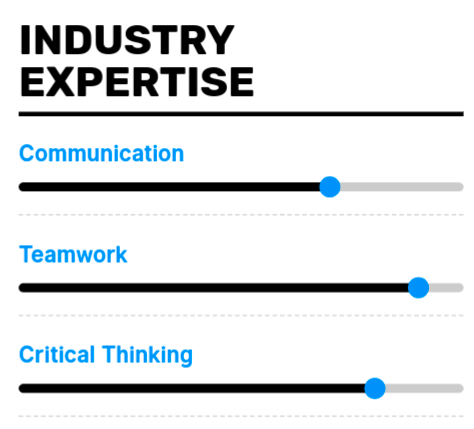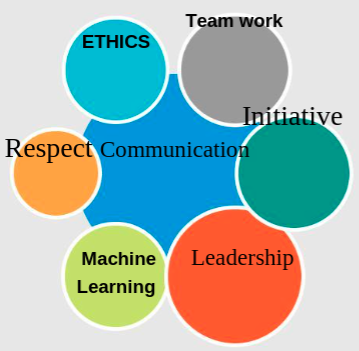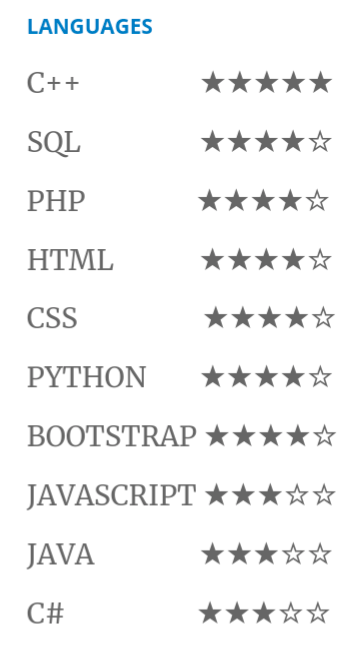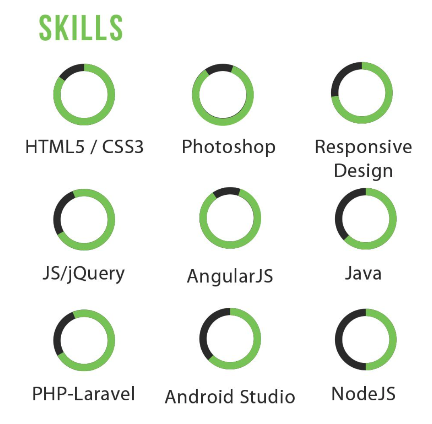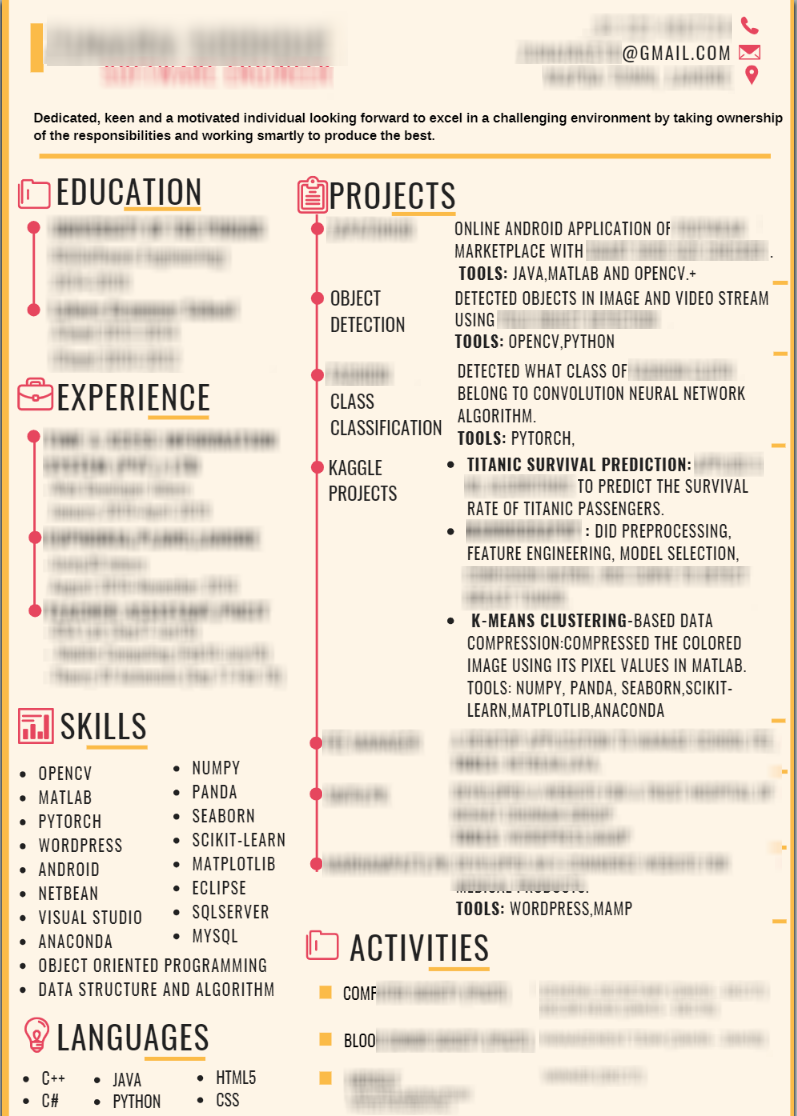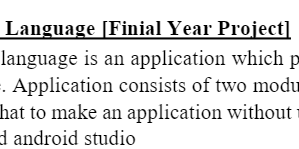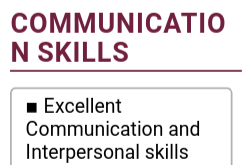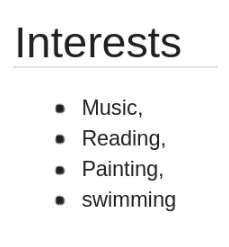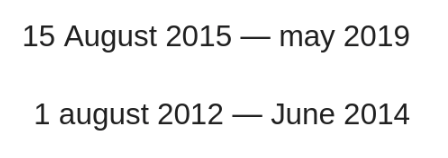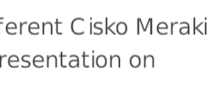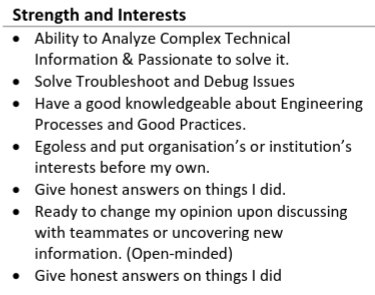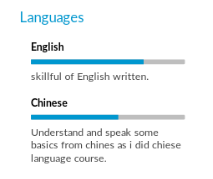Social Media Profiles
Opinion varies on whether including your social media profiles in your CV is the right thing to do or not, and is usually based upon the opiner’s generation. Gen Xers may think that social media profile links in a CV are unprofessional, Xennials like me may tolerate them, and Millennials and Gen Zers may welcome or even expect social media profile links. There’s no one-size-fits-all, so use your common sense (the one you used to buy that magic juice) to decide whether or not your social media links belong on your CV.
I personally like to see Facebook and Twitter profile links in résumés, as they give me a valuable, uncensored and honest glimpse into the candidate’s personality (and their communication skills), and their social media accounts contain a lot more information than their carefully crafted single-page CV. As a general rule, do not include any URL for your social media presence if you think that your profile, if projected on a huge screen at your future workplace, might cause you embarrassment.
That being said, here is my recommended set of guidelines to help you decide.
Facebook
Do include your Facebook profile link on your résumé if your posts highlight your academic or professional achievements, your interesting hobbies and your original opinion on life, the universe and everything. Do not link to your Facebook profile if all you do is share memes, or if your posts supporting your favorite sports team tend to bend towards expletives. Make sure that your Facebook profile is public if you do share your URL, the recruiter is certainly not going to send you a friend request.
Twitter
Add a link to your Twitter profile if you have been retweeting industry-specific accounts and/or your tweets contain original thought, we like people with focus, direction and creativity. Do not link to your Twitter account if your tweets are retweets or political commentary only, or if your account is protected.
Instagram
If your Instagram account has original pictures taken by you, it might help ascertain that you are an artistically gifted individual, so you can consider adding it to your résumé. If it is full of memes, it does not belong on your résumé.
YouTube
If you are an online content publisher and have a YouTube account to show for it, by all means, link to it, especially if your content is relevant to the job that you are applying for.
Quora
Definitely share your Quora account link if you regularly answer questions relevant to your industry, or even if you are an authority on a unique topic or hobby and your Quora account highlights this fact. Do not link to your Quora account if you have no activity there.
Github
While not a ‘social’ platform, your Github account is the first link that a hiring manager would click if you are applying for a development position. It would add value to your CV if you have contributed to open-source projects, have been a consistent pusher on your own projects or even if you report bugs in the open-source projects you use, as this means that you want to make the world a better place.
If you have written original, clean and useful code and not merely forked existing projects, mention the fact in your résumé when linking to your Github.
Do not link to your Github if it is empty (that does happen) or if you created your account last month and quickly uploaded your university assignments there. It is disappointing to visit such an account.
Behance and Dribbble
Include your design portfolio URLs if design skills are fully or semi-relevant for the job you are applying for. If you are applying for a hard-core engineering position and the technical experience on your résumé is small in comparison with your website design work, it might suggest that you are a designer at heart and are applying for an engineering job because you have a degree. You might still get an interview, but do reflect on what you want to do with your life – it is probably not software engineering. On the other hand, including your design portfolio could be a positive if you are applying for a front-end engineer or a ‘Full Stack’ opening.
Code Pen and friends
Codepen is intended to share and test quick code snippets, so you should use Github to showcase your code instead.
Stack Overflow
As with Github, share your StackOverflow account if you have a good reputation there through answering questions, or even if you ask for solutions to complicated problems that you were stuck with in the past.
The questions you ask say a lot about you. Do not share your StackOverflow account if you were running out of time on an assignment and asked about how to balance a red-black tree during your studies – or such basic questions for which a Google search would have sufficed.
Upwork and Fiverr
Freelancing can be a double-edged sword when applying for a job. On one hand, if you have an impressive set of client referrals, it shows that you are an achiever. On the other hand, if you are too deeply involved in freelance projects, there is a high probability that you will continue to do so after you get a ‘regular’ job, and hiring managers have to consider the possibility that they won’t be receiving 100% of your focus.
In the past two decades of my career, there have been a couple of times when the person I hired was more interested in his freelance projects than his day-job duties, and his performance suffered due to this attention deficit.
In the end, the choice of whether to mention your freelance work and portfolio URL or not is yours, and there is no one-size-fits-all recommendation.
Medium
Definitely mention your Medium account if you have written more than one article there. Do not mention it if you go there to read and clap only.
Blog
Whether your blog contains your personal musings or your commentary on technology, if the content is not offensive, showcases your communication skills or highlights your creativity and connection with your profession, sharing a link on your résumé would obviously be the right move.
Reddit, Gist, Goodreads and Niche Platforms
The gist of the pattern is, any social network that is an evidence of you being a creative, intelligent, talented and interesting human being (that’s the type of a person that most hirers are searching for) should be included on your résumé. The person reviewing your résumé may not have the time to scan all your social media presence, but if they do, it will help increase your chances of at least landing an interview.






